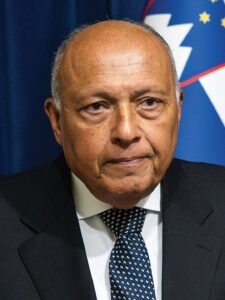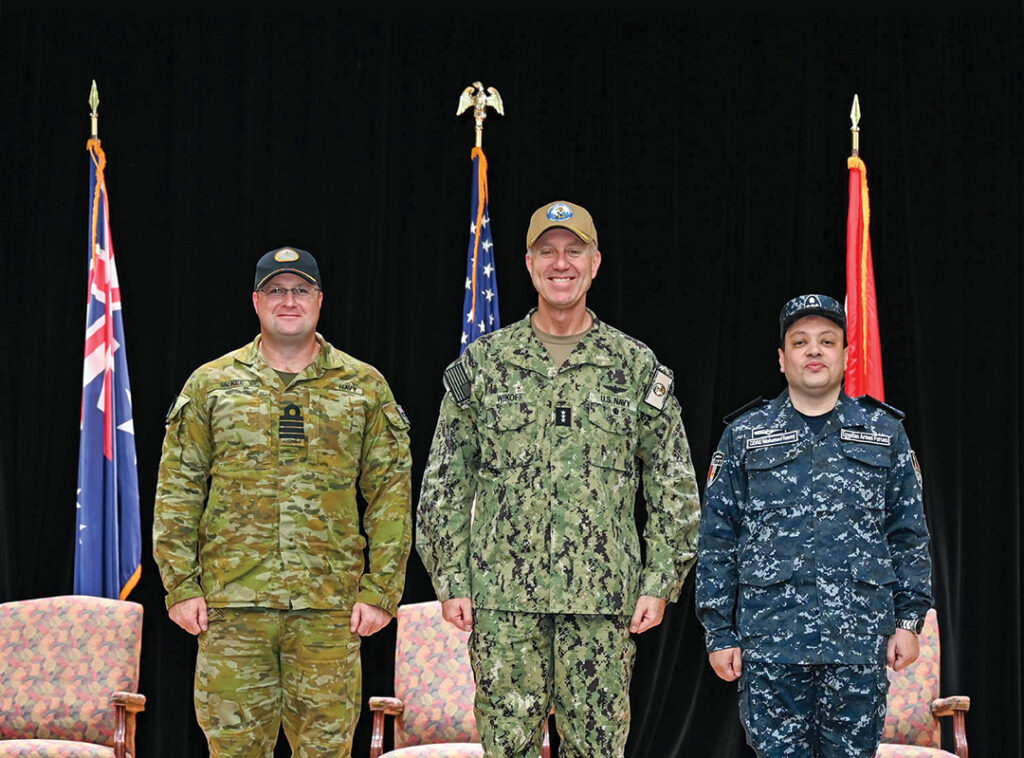 Over the last seven to eight decades, this region has been fraught with challenges and conflicts. We all have sought to find resolution through initiatives aimed at settling disputes and conflicts mainly through diplomacy.
Over the last seven to eight decades, this region has been fraught with challenges and conflicts. We all have sought to find resolution through initiatives aimed at settling disputes and conflicts mainly through diplomacy.
What has been lacking in these initiatives is the political will to implement them, to actually take steps to put them in motion and to extract from negotiating parties the necessary degree of flexibility and accommodation that results in implementation.
I have to say that it is somewhat discouraging that on many occasions, some of these initiatives have been long-standing and have, in a way, provided a mirage of a potential resolution. They have offered opportunities for intransigence and maintaining the status quo rather than resolution of conflicts based on those initiatives.
These initiatives have originated at the national level by influential states or at the institutional level by organizations such as the United Nations, Arab League or European Union. On many occasions, these initiatives have been confoundingly ineffective.
I think the issue returns to whether political will exists to embark upon implementation or enforcement. There are international players that have the ability, the resources and resourcefulness to influence the situation and extract the necessary flexibility and accommodation.
However, it all circles back to political will and the ability of those who are promoting those initiatives to pursue enforcement. This is true of the Gaza conflict, to which a political solution remains elusive.
I think the same exists in other conflicts, such as in Libya, where initiatives endorsed by the U.N. Security Council and the secretary-general’s representative have been unable to achieve consensus to provide for an inter-Libyan dialogue.
A resolution of political differences among various participants of the conflict in Libya — to find a common ground in the best interests of the Libyan people — continues to elude the efforts of regional and international negotiators.
It is because of the nature and intransigence of conflicts of the region that a variety of initiatives, whether internationally or regionally based, have suffered from lack of political will on the side of the initiators or the parties to the conflicts.
We security professionals, dealing day to day with conflict resolution, can only continue to advocate for the principle of peaceful resolution of conflicts and seek initiatives that not only garner the support of the international community but more importantly also can actually be implemented.
Implementation will come through the influence of those who sponsor peaceful initiatives or by the acquiescence of the participants of a conflict.

